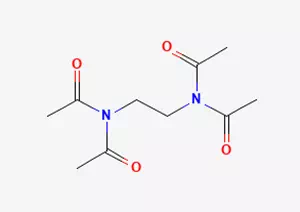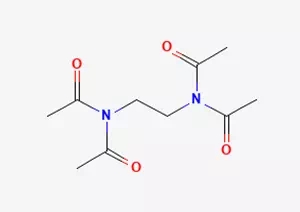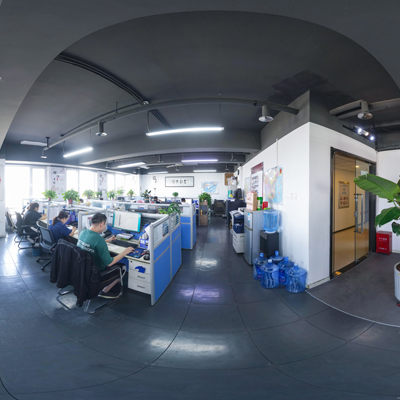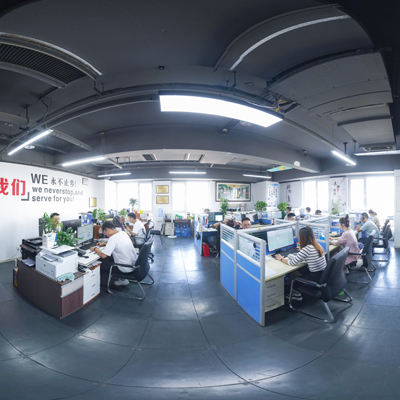What is Tetraacetylethylenediamine CAS 10543-57-4?
Chemical Name: Tetraacetyl ethylenediamine (Also known as TAED, tetraacetyl ethylenediamine)
Molecular formula: C₁₀H₁₆N₂O₄
Molecular weight: 228.25 g/mol
CAS Number: 10543-57-4
EINECS number: 234-123-8
Appearance: Grayish-white to cream-colored crystalline powder or colored granules (white/blue/green), with a slight acetic acid smell
Application scenario optimization
Washing industry: Select industrial grade (92-94% purity, cost ≤50 yuan /kg), and compound with sodium percarbonate to enhance the low-temperature bleaching effect.
Pharmaceutical synthesis: Use ≥99% HPLC grade to control heavy metal residues (Pb≤1 ppm).
Purchasing Notes:
Request the MSDS and heavy metal test report. For colored particles, the safety of the dye needs to be confirmed.
Trend Outlook
Green transformation: The substitution of bio-based raw materials (such as plant derivatives) may become a future focus.
Tetraacetylethylenediamine CAS 10543-57-4 Use
Detergent bleaching activator (dominant application, accounting for more than 70% of the demand)
Low-temperature bleaching: When compounded with sodium percarbonate/sodium perborate, peracetic acid is released at 30-60 ℃, enhancing the bleaching efficiency (three times higher than peroxides alone).
Energy conservation and environmental protection: Reduce the bleaching temperature to room temperature to decrease energy consumption; The reaction products are biodegradable and leave no chlorine residue (80% of bleaching detergents in Europe use the TAED system).
Compatibility: Compatible with enzyme preparations and surfactants, without damaging fabric fibers.
The fields of industry and environmental protection
Wastewater treatment: Decompose organic pollutants and remove heavy metal ions (such as lead and cadmium).
Gas drying: As a desiccant, it controls the humidity of industrial gases.
Pharmaceutical intermediates: Synthetic antibiotics and anti-cancer drugs (with a purity grade of ≥99%).
Emerging applications
Disinfection and sterilization: It generates peracetic acid to kill bacteria/viruses and is used in sewer unclogging agents and disinfection of medical devices.
Agricultural regulators: Enhance the stress resistance of crops and reduce pesticide residues.
Tetraacetylethylenediamine CAS 10543-57-4 safety
Health risk:
It is irritating to the skin and eyes (R36/37/38). A gas mask and acid and alkali resistant gloves are required for operation.
Inhalation of dust may cause respiratory tract inflammation (Safety term: S22-S24/25).
Storage requirements:
Keep sealed and away from light. Store in a cool and dry place at ≤25℃, with a relative humidity of less than 75%.
Environmental protection compliance
Exports to the European Union require REACH certification, and food/pharmaceutical grades need to comply with the FDA/GB 2760 standard.
Service
* Prompt reply and 24 hours online, professional team to provide best price and high quality product.
* Sample testing support.
* Every batch of products will be tested to ensureits quality.
*The packing also can be according the customers` requirment.
*Any inquiries will be replied within 24 hours.
*we provide Commerical Invoice, Packing List, Bill of loading, COA , Health certificate and Origin certificate. If your markets have any special requirements, let us know.







